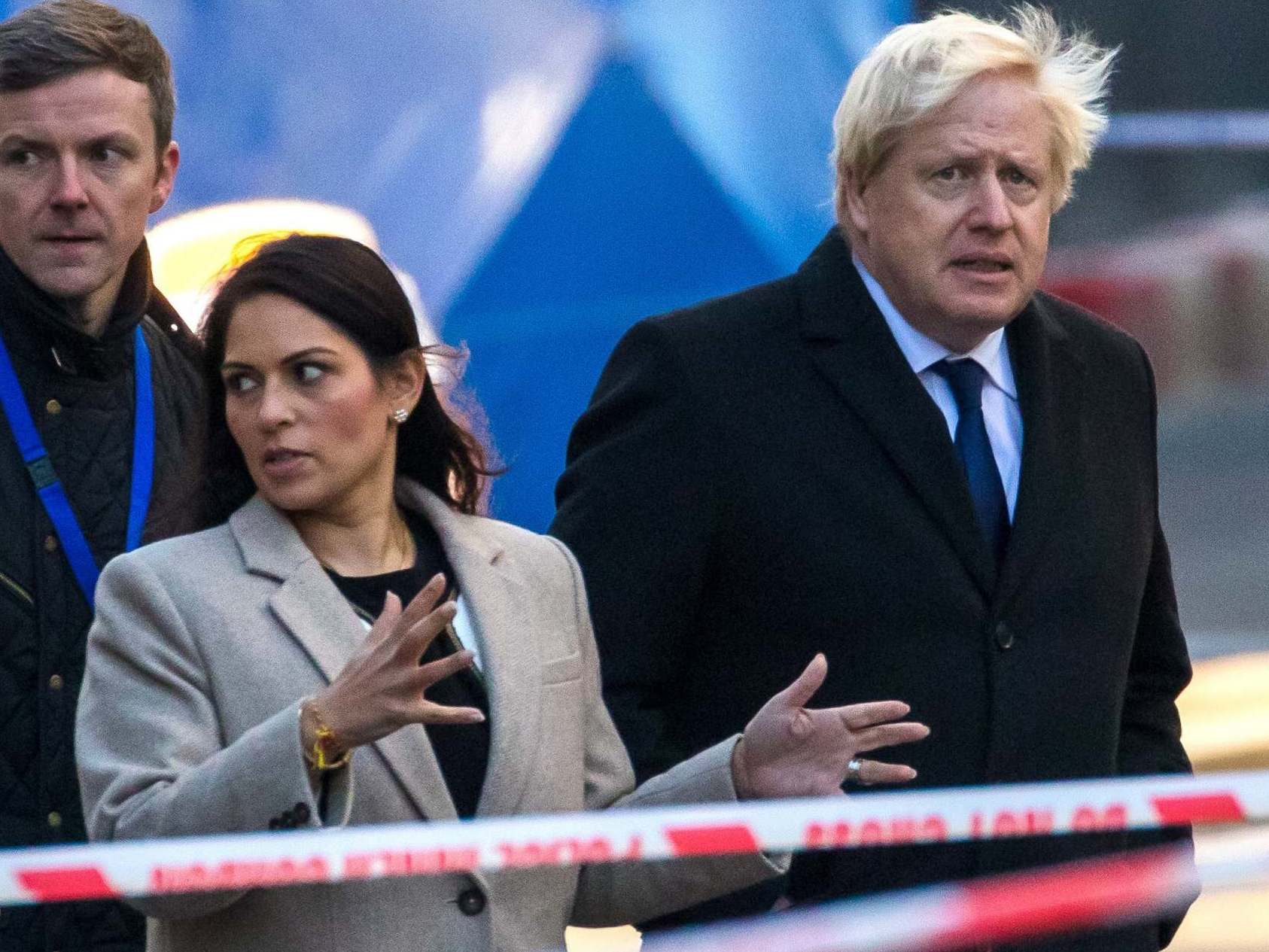Here’s how Boris Johnson can overhaul immigration post-Brexit, in seven easy steps
Voters expect Johnson to ‘get Brexit done’ and that means reforming the immigration system, says Thom Brooks. Here’s how he should


A key part of the prime minister’s election success was his repeated vow to “get Brexit done”, and a key part of that was “shaking up the immigration system”. Boris Johnson’s first 100 days is a critical time for him to reshape a system desperately lacking public confidence. And if he wants to retain those new voters he has won, he’ll need to appeal the centre ground.
By making good on his commitment to “a more outward-facing” Brexit Britain, Johnson could allay the fears of those who have criticised his approach to date. But he’ll only achieve that if he follows this seven-point plan:
1. Scrap the net migration target
“Net migration” includes all persons leaving and entering the UK for a year or more. It has never been met. Nothing would send a clearer signal a clean break from Cameron and May than an end to this, as Johnson has committed his government to do – and he has been critical of this target in the past. Continuing to promise an undeliverable target will not improve public confidence. Not even the Office for National Statistics believes the figures are accurate, given serious problems with their data. An alternative approach is necessary and urgent.
2. English must matter
More can – and should – be done to ensure migrants speak English. The government already demands only those in “public-facing” public sector roles are fluent. The prime minister should go much further, making most, if not all, public sector staff meet this standard over the next five to 10 years. Extra funding should be made available to end the postcode lottery of access to learning English. Integration is a two-way street: we must ensure adequate provision if we are to insist that migrants use it. These extra resources could support English literacy education for all tackling functional illiteracy that is a rarely reported but growing problem.
3. EU citizens are welcome
As the latest figures show, net migration of EU nationals has dropped by two-thirds since the 2016 referendum. Clearly, many EU citizens fear for their futures in the UK. They should be made to feel welcome, not be made pawns in any new trade deal with Brussels. The government should commit to allowing all EU nationals currently in the UK the right to stay regardless of a deal (which should, in turn, help British citizens in Europe to keep their foreign residency).
4. A system that works for Britain
Post-Brexit Britain needs to be attractive to the world’s brightest and best. It is welcome to see the government committed to championing Britain for academics, scientists and other highly skilled workers. Yet the last immigration white paper promised a skills-based system that didn’t mention the skills required, only the salary. High pay is not proof of highly skilled work. Our current points-based system in place since 2008 is overly complex and in need of an overhaul, and Johnson and Priti Patel, the home secretary, are right to want to reform it. But they must go further than economic value, to social value. This means extending the expertise of the Migration Advisory Committee (MAC), which gives independent advice to the government on matters of immigration, beyond labour economics to law and social policy. No change to the MAC will lead to the same advice and continuing public frustrations.
5. Focus on migration impact
Public concerns about migration levels are linked to a perceived lack of proper border controls. Extra immigration officers must be put in place to tackle illegal working and expose sham marriages. The Migration Impacts Fund – a levy on immigration applications (I paid into it when moving to the UK) aimed at reducing the impact migration has on education, housing and transport, and which David Cameron closed in 2010 – should be reinstated, perhaps as part of Johnson's vow to reinvest in the north. The key to winning voter confidence is reducing the impacts of migration rather than an arbitrary, unachievable net migration target. Fewer migrants won’t necessarily mean shorter A&E queues when migrants are more likely to be in A&E as doctors and nurses than as patients. The government should take a wider perspective.
6. Make the system self-funded
Immigrants pay far more into the current immigration system than is required to run it; Home Office profits on application fees are 200 per cent or more. The perception that immigrants are a drain on taxpayers can be overturned if Johnson made a system for immigrants that is funded only by immigrants. This would create space for a reduction in fees overall while maintaining the system’s sustainability with adequate funding. Any extra income could be clearly earmarked as earned from migrants creating a new, more welcome image of migrants as the net contributors to our economy, which they are – a fact Johnson has previously celebrated.
7. A national conversation
Finally, it has been 10 years since Sir Bernard Crick’s advisory group recommending reforms to improving integration and fostering citizenship. My recommendations to bring this back and reform the Life in the UK citizenship test – a bad pub quiz, in my opinion – were supported by the House of Lords select committee on citizenship following my evidence to them. The new government should seize the opportunity to bring the country closer together through a UK-wide consultation on the kind of post-Brexit British citizenship the public wants. If the referendum taught us anything, it is that many people feel their voices have not been heard about the issues most important to them. A national conversation about Britishness is long overdue.
Immigration is a potential area of concern, as well as an opportunity. Thankfully for centrists, Johnson is unashamedly “pro-immigration” – and now has a working majority to reform a system desperately in need of urgent change.
How, and whether, he does this will shape and define his premiership.
Thom Brooks is professor of law and government at Durham University and author of ‘Becoming British’


Join our commenting forum
Join thought-provoking conversations, follow other Independent readers and see their replies